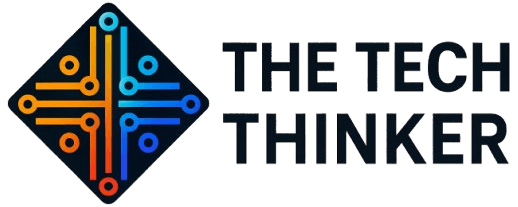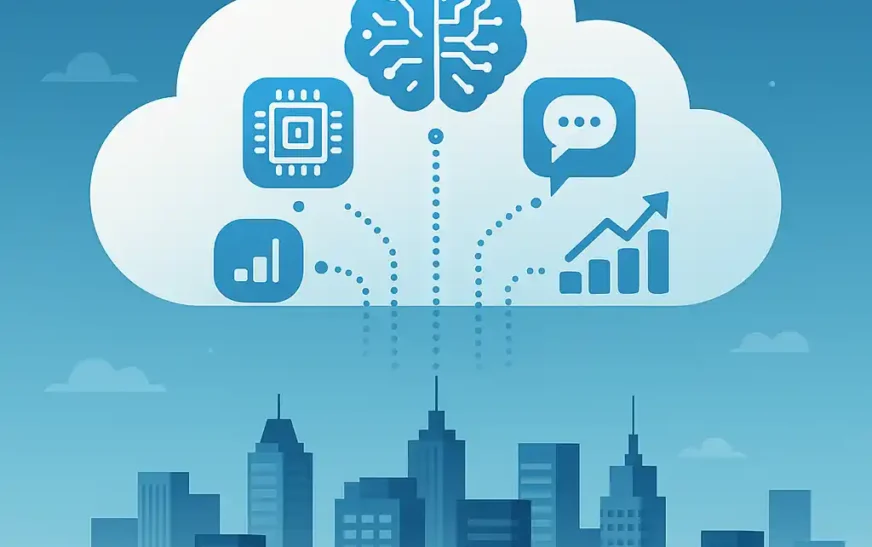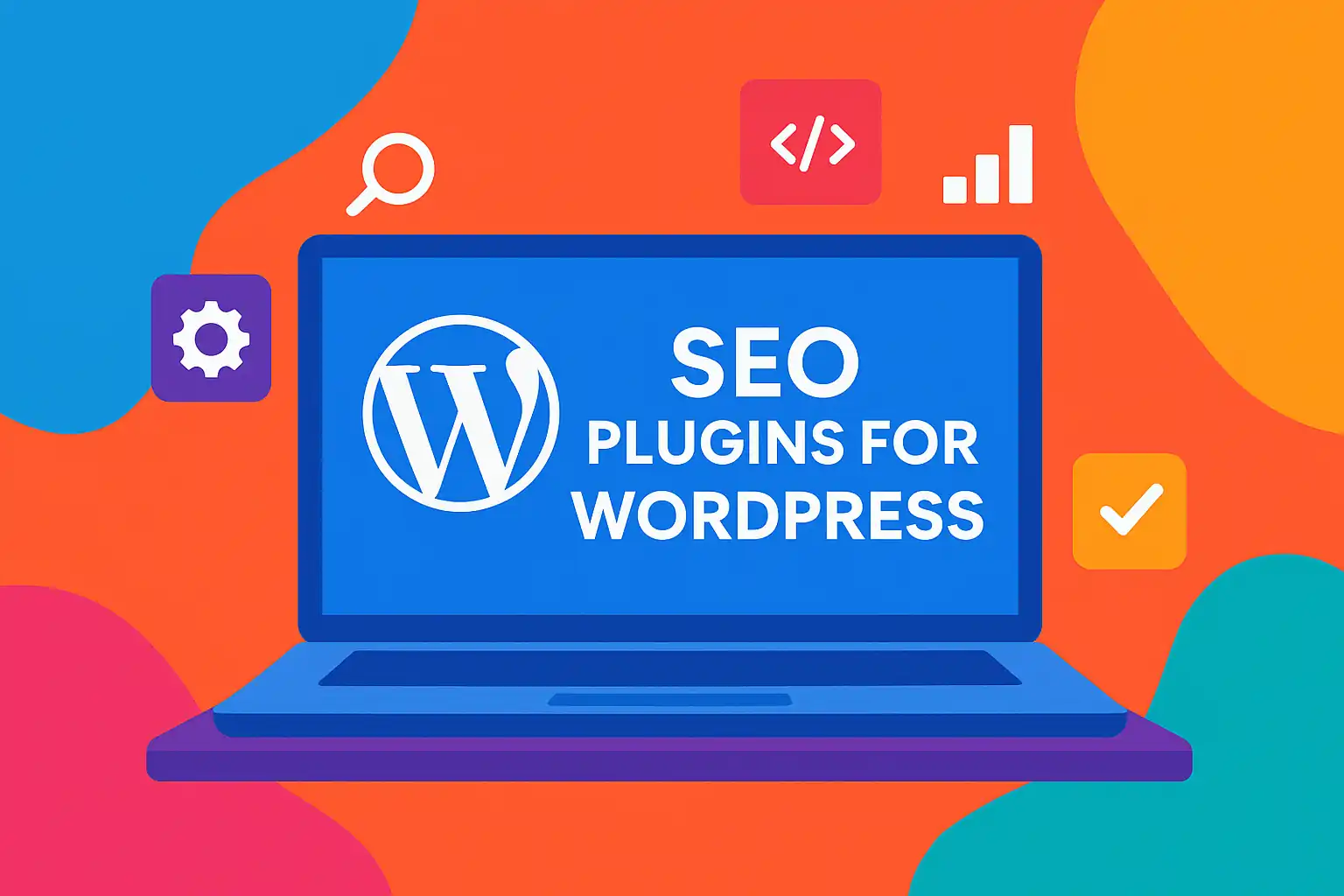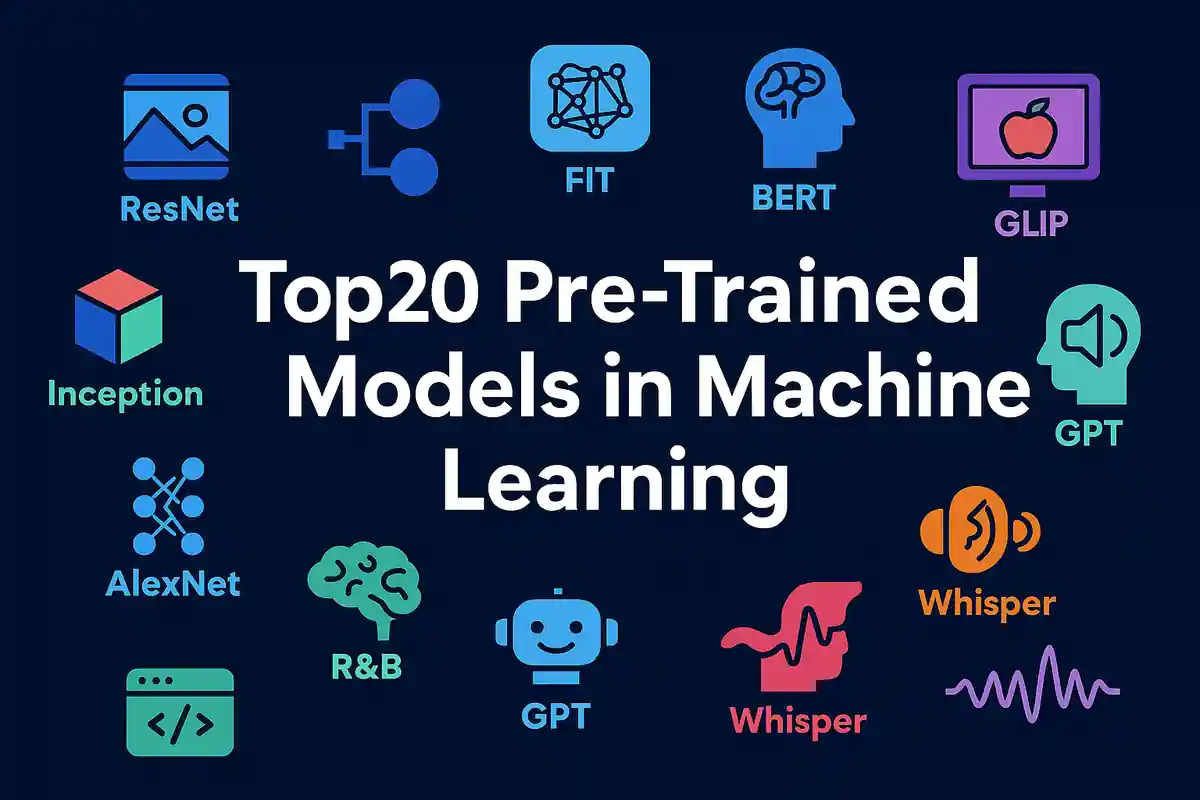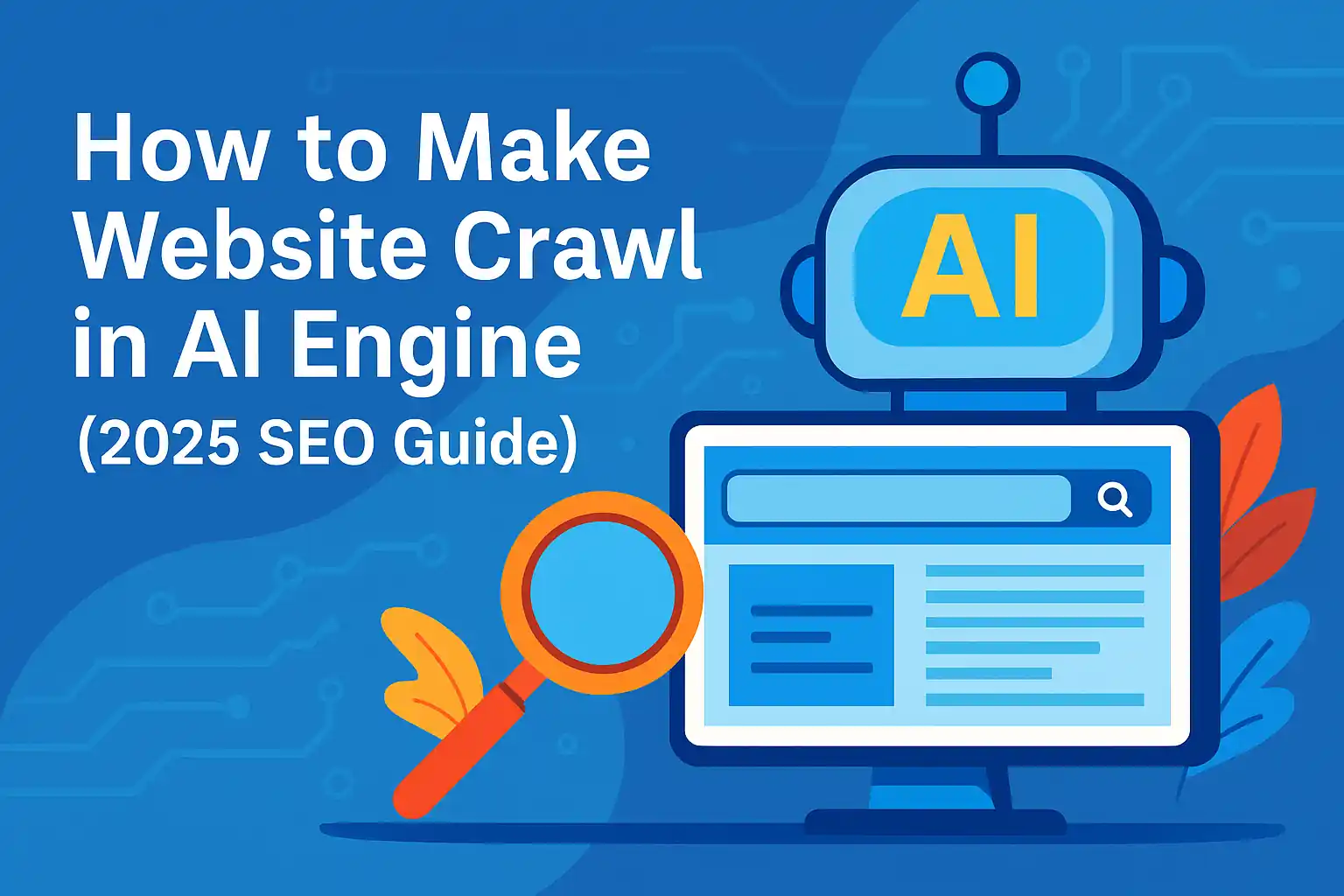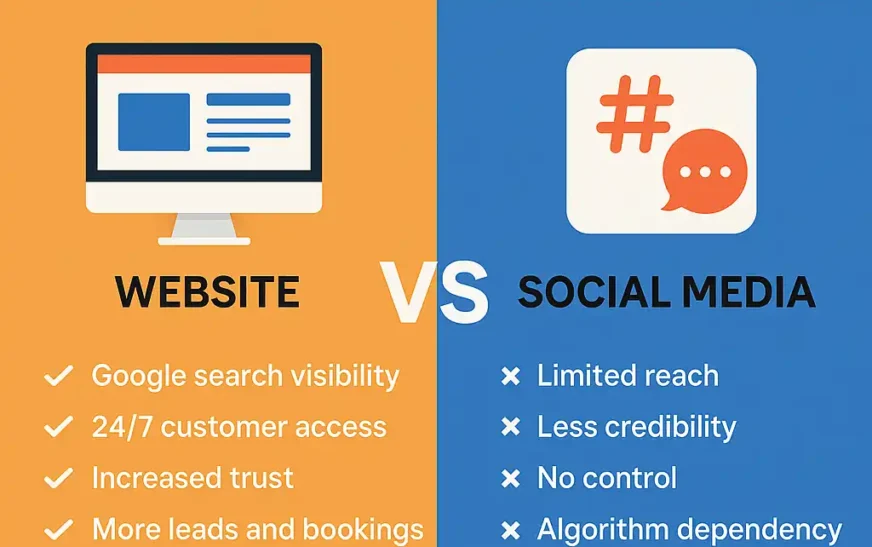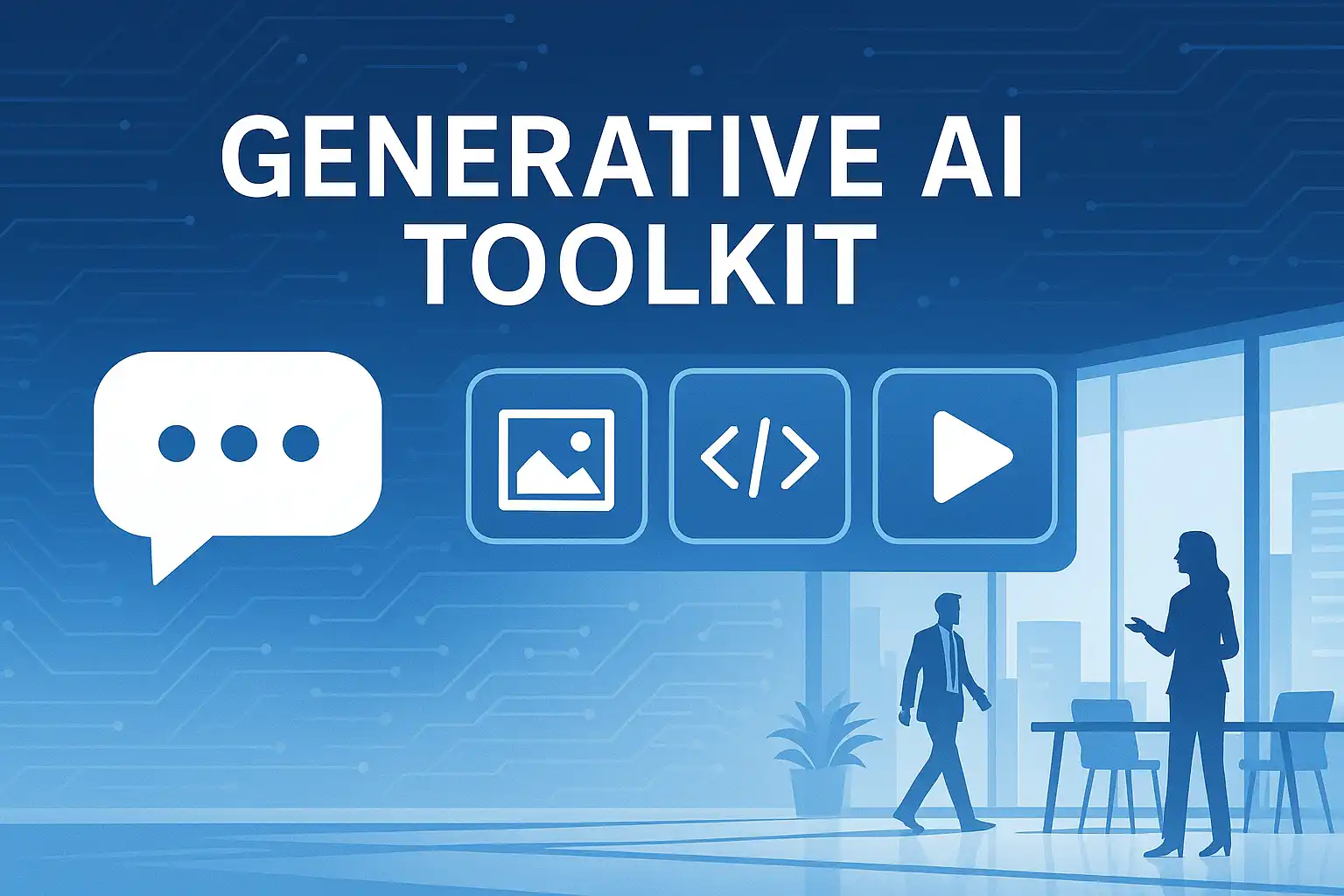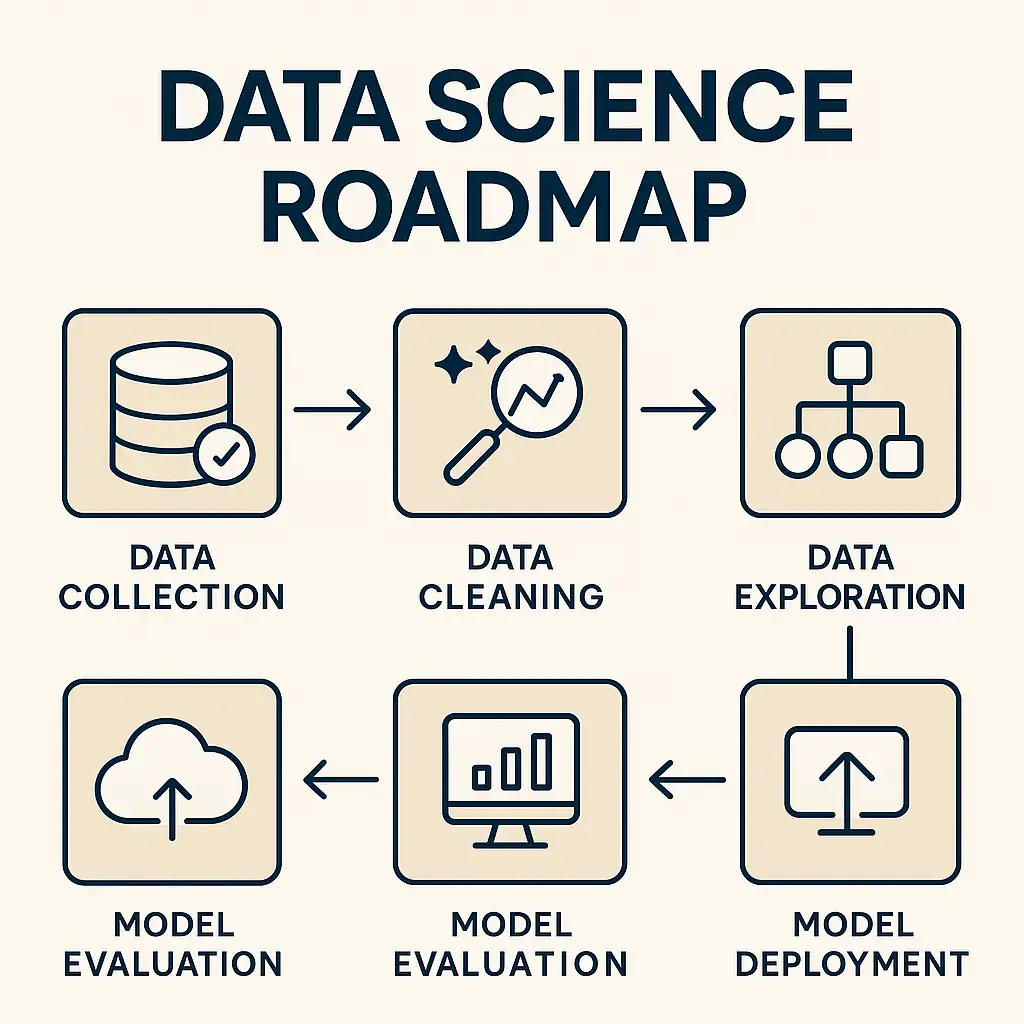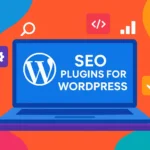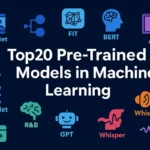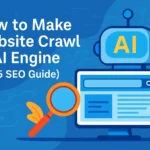What is AI-as-a-Service (AIaaS)?
AI-as-a-Service (AIaaS) refers to the delivery of artificial intelligence capabilities via the cloud. Just like SaaS, where software is accessed online, AIaaS allows businesses to leverage AI models and tools without developing them in-house.
💡 Quick Example: You can use OpenAI’s ChatGPT or Google’s Vertex AI API to build smart apps without training your own models.
How Does AIaaS Work?
AIaaS providers offer pre-built APIs or ML platforms that developers can integrate into their systems.
Workflow:
Upload data →
Select AI service (like NLP or CV) →
Process results in real-time
Most providers use cloud infrastructure with scalable pricing models.
Top AIaaS Providers in 2025
Here are some of the leading names offering AI-as-a-Service today:
| Provider | Specialization | Website |
|---|---|---|
| AWS AI | NLP, image recognition | aws.amazon.com |
| Google Vertex AI | AutoML, vision, text | cloud.google.com |
| Microsoft Azure AI | Cognitive Services | azure.microsoft.com |
| IBM Watson | Chatbots, predictive AI | ibm.com/watson |
| OpenAI API | Text generation, coding | platform.openai.com |
| Hugging Face | NLP models & endpoints | huggingface.co |
AIaaS Use Cases Across Industries
AI-as-a-Service (AIaaS) is transforming entire industries by enabling companies to deploy intelligent solutions without building complex models from scratch. Let’s explore how various sectors are leveraging AIaaS to enhance decision-making, boost efficiency, and reduce costs.
🔍 Marketing
AI is revolutionizing digital marketing through smarter targeting and automation.
✅ AI Chatbots for Real-Time Sales
Tools like Dialogflow (Google) or IBM Watson Assistant help brands offer 24/7 live chat.
These bots handle FAQs, suggest products, and even close sales.
✅ AI Copywriting & Email Personalization
Platforms like Jasper, Writesonic, and Copy.ai use GPT-based models to create compelling marketing content.
AI tailors email campaigns based on user behavior, increasing CTR and conversions.
➡️ Benefits: Higher lead generation, reduced manual work, personalized customer experiences.
🏥 Healthcare
AIaaS is playing a crucial role in diagnosis and preventive healthcare.
✅ AI-Based Diagnostics & Risk Prediction
Services like AWS HealthLake and Google Cloud Healthcare API help doctors analyze patient records and lab results.
AI predicts diseases (e.g., diabetes risk) from historical patterns.
✅ Medical Imaging Analysis
Tools like Aidoc and Zebra Medical Vision provide instant AI reports on X-rays, MRIs, and CT scans.
AI assists radiologists in spotting tumors or anomalies faster and more accurately.
➡️ Benefits: Early detection, faster diagnosis, better patient outcomes.
🛒 Retail
Retailers are turning to AIaaS for smarter inventory and customer engagement.
✅ Inventory Prediction
AI from Microsoft Azure AI or Google Forecasting API helps retailers anticipate demand spikes.
This avoids overstocking or understocking.
✅ AI Recommendation Engines
Netflix-style product recommendations are powered by services like Amazon Personalize or Algolia Recommend.
They analyze past purchases, search history, and behavior in real time.
➡️ Benefits: Higher sales, optimized logistics, improved user experience.
🏭 Manufacturing
Industrial AI is helping companies streamline operations and reduce waste.
✅ Predictive Maintenance
AIaaS platforms like SparkCognition or Uptake forecast when machinery will fail—before it actually does.
IoT sensors + AI algorithms = minimal downtime.
✅ Quality Control Automation
Vision AI from Google or AWS Rekognition checks for defects in real-time during production.
AI can detect cracks, dents, or assembly errors without human inspection.
➡️ Benefits: Increased uptime, reduced maintenance costs, consistent quality.
📞 Customer Support
AIaaS is revolutionizing how brands handle support and feedback.
✅ AI Call Routing
AI tools assess a caller’s tone and intent to route calls intelligently to the right department.
Examples include Genesys AI and Five9 Intelligent Cloud Contact Center.
✅ Sentiment Analysis from Voice or Text
Hugging Face Transformers or Google Natural Language AI analyze emotions in customer conversations.
Helps agents prioritize angry or frustrated users.
➡️ Benefits: Better customer satisfaction, improved ticket resolution, proactive service.
Benefits of AIaaS for Businesses
Why is AI-as-a-Service growing fast?
✅ Lower cost: No need to build AI from scratch
⚡ Faster deployment: Go live in days, not months
🧠 No AI expertise required
📈 Scalable: Pay-as-you-grow pricing
🔄 Auto-updates: Always stay current
Challenges and Limitations
While powerful, AIaaS also brings some caveats:
🔐 Data Privacy Risks
🔒 Vendor Lock-in
🧩 Integration Complexity
🎛️ Limited Customization
Companies must audit compliance and security policies before onboarding AIaaS solutions.
AIaaS vs SaaS: Key Differences
| Feature | AIaaS | SaaS |
|---|---|---|
| Purpose | Intelligence & automation | Software delivery |
| Customizability | Moderate to high (via APIs) | Low to medium |
| Users | Developers, data teams | End-users, operations staff |
| Examples | OpenAI, AWS AI | Salesforce, Gmail |
AIaaS Trends to Watch (2025–2030)
🚀 Here’s what’s ahead in the AI-as-a-Service landscape:
🤖 AutoML-as-a-Service
💡 No-code AI model builders
🧠 AGI APIs and explainable AI tools
🛒 AIaaS marketplaces for plug-and-play solutions
🧑💼 B2B niche AI solutions via micro-SaaS
How to Choose the Right AIaaS Provider?
✅ Checklist for businesses:
📌 Use-case fit (vision, NLP, forecasting?)
💵 Pricing model: per call vs monthly
🛡️ Compliance: GDPR, HIPAA, etc.
🔧 Developer support: SDKs, docs
🔁 Flexibility: Hybrid deployment?
Final Thoughts
AI-as-a-Service (AIaaS) is no longer a futuristic idea—it’s a real-world growth driver that gives companies access to powerful AI at a fraction of the cost and time. Whether you’re a startup, SMB, or enterprise, leveraging AIaaS can transform the way you analyze, automate, and scale.
Now is the time to ask:
Is your business AI-ready? 🚀
AI-as-a-Service Summary
Cloud-based access to advanced AI tools
Ideal for vision, NLP, automation, and decision-making
Affordable, scalable, and fast to deploy
Best for businesses wanting AI with low technical barriers
Growing list of providers like AWS, Google, Microsoft, OpenAI
Related Articles
- The Definitive Generative AI Toolkit for Businesses in 2025
- All About Data Science – Complete 2025 Roadmap to a High-Paying Career
🔍 Top 15 AI-as-a-Service (AIaaS) FAQs
What is AI-as-a-Service (AIaaS)?
AI-as-a-Service (AIaaS) delivers cloud-based AI tools that businesses can access without building their own models. It typically includes:Pre-trained machine learning models
Natural Language Processing (NLP) APIs
Computer vision services
No-code AI platforms
How does AIaaS differ from traditional AI deployment?
Traditional AI requires:In-house data scientists
High computing infrastructure
Long development cycles
AIaaS simplifies this by offering:Ready-made cloud APIs
No setup overhead
Scalable usage and instant deployment
Who are the top AIaaS providers in 2025?
Some of the most trusted AIaaS providers include:Amazon Web Services (AWS AI)
Google Vertex AI
Microsoft Azure AI
IBM Watson
OpenAI
Hugging Face
Is AIaaS only for large enterprises?
No. AIaaS is accessible for:Startups using low-tier/free plans
SMEs leveraging AI chatbots or personalization engines
Enterprises requiring complex AI model deployment
Can I use AIaaS without coding skills?
Yes. Many platforms support:Drag-and-drop interfaces
No-code workflows
Natural language-based AI model builders (e.g., OpenAI Playground)
What industries benefit most from AIaaS?
Industries with strong AIaaS use cases:Healthcare: diagnostics, imaging, patient analytics
Retail: demand forecasting, personalization
Manufacturing: maintenance, quality control
Finance: fraud detection, credit scoring
Marketing: content generation, audience targeting
How secure is AIaaS for sensitive business data?
AIaaS platforms typically comply with:GDPR (General Data Protection Regulation)
HIPAA (for healthcare applications)
SOC 2 (Service Organization Control)
Always choose providers with:Strong encryption policies
Transparent data usage terms
Role-based access control
How much does AIaaS typically cost?
AIaaS pricing models include:Pay-per-API call (e.g., OpenAI, AWS)
Tiered monthly plans based on usage
Custom enterprise licensing for large-scale deployment
Can I integrate AIaaS with my existing software?
Yes, AIaaS tools offer:REST or GraphQL APIs
SDKs in Python, JavaScript, etc.
Pre-built integrations for CRMs like Salesforce and ERPs like SAP
What are the main risks of using AIaaS?
Key risks to consider:
Vendor lock-in with proprietary APIs
Data misuse or leakage if not encrypted
Limited model transparency or explainability
Ethical concerns due to algorithmic bias
Is AIaaS useful for real-time applications?
Absolutely. Common real-time AIaaS applications:
Chatbots for instant customer interaction
Fraud detection in online payments
Smart recommendation engines
Live transcription or sentiment detection
Will AIaaS replace human jobs?
Not entirely. AIaaS will:
Automate repetitive and rule-based tasks
Enhance human decision-making with insights
Create new roles in AI management, prompt engineering, and oversight
How can businesses evaluate different AIaaS providers?
When choosing an AIaaS platform, compare:
Use-case coverage (vision, NLP, AutoML, etc.)
Pricing and billing models
Compliance and data protection
Integration support and developer resources
Uptime guarantees and support levels
What are the latest trends in AIaaS?
Emerging trends shaping AIaaS in 2025:
No-code/low-code AI builders
Industry-specific micro-AIaaS platforms
Explainable AI and ethical model development
Hybrid deployment: edge + cloud inference
AIaaS marketplaces for plug-and-play APIs
Can I build and offer my own AIaaS product?
Yes. You can launch your own AIaaS if you:
Have a proprietary or niche machine learning model
Wrap it in an API or UI for public use
Host it on cloud platforms like AWS, Azure, or Google Cloud
Offer it as a paid service, SaaS-style
